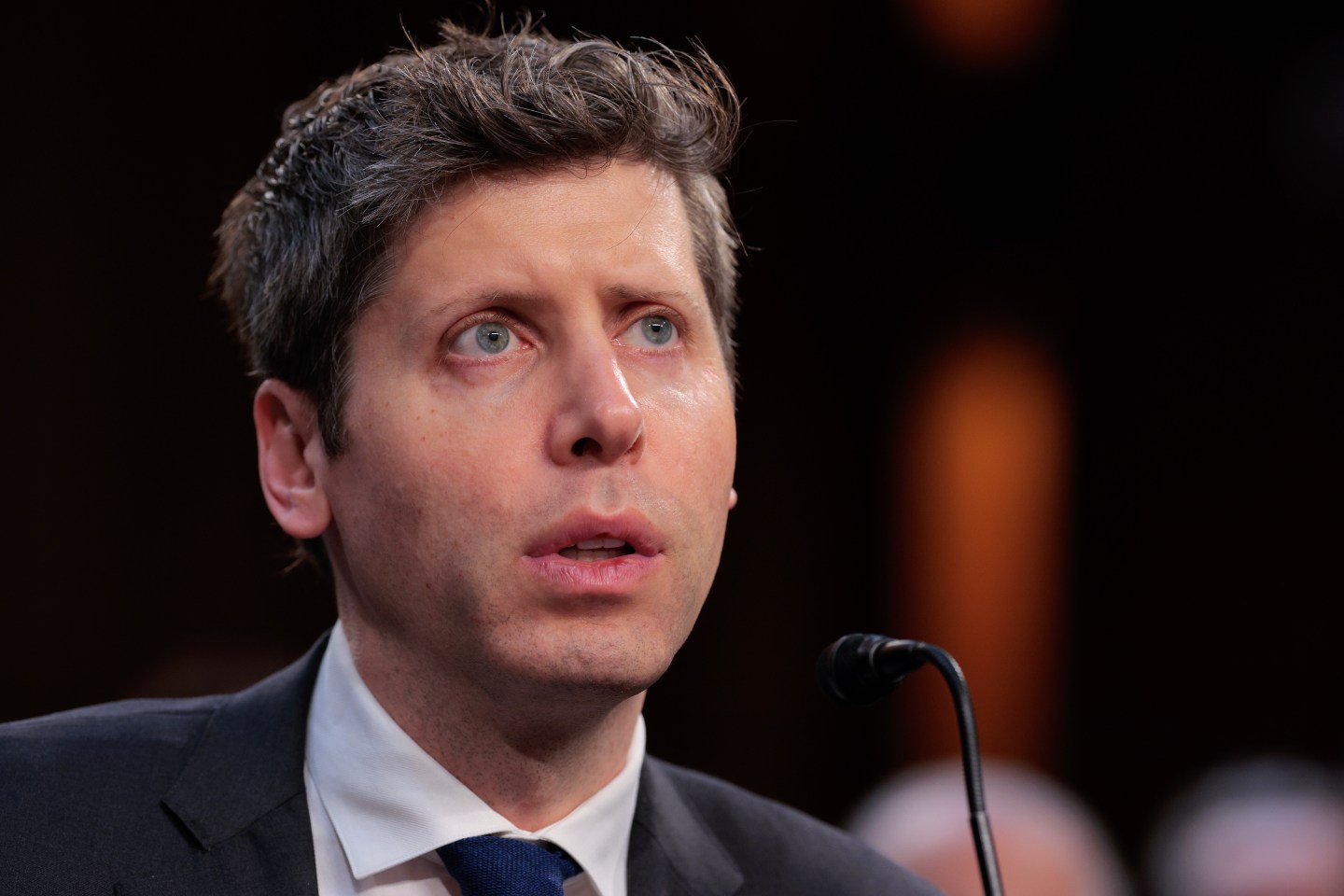
FORTUNE — Rep. Dave Camp (R-MI), chairman of the House Ways and Means Committee, yesterday proposed a sweeping personal and business tax overhaul that includes (you guessed it) a change to how carried interest is treated. This would apply to virtually all limited partnerships engaged in anything besides real estate (sorry venture capitalists – your recent contribution to Rep. Camp’s reelection campaign is non-refundable). The bill also includes a revival of the so-called enterprise tax, which would treat publicly-traded private equity firms like corporations.
To be clear, this specific legislation is not going to become law. Or even voted upon in its current form. But it is worth discussing, given that Camp is the top House Republican on taxes and appears willing to sacrifice one of his party’s sacred cows.
For starters, the exact amount that private equity and venture capital firms would be taxed on carried interest under the Camp bill is a bit hard to follow. Seriously, this section is the legislative version of Kurt Cobain singing lyrics written by James Joyce. Overall, the top ordinary income rate would be lowered to 35% (25% plus a 10% surcharge for individuals making over $400k per year), and carried interest would ultimately end up closer to 35% than to the bill’s effective long-term capital gains rate of 24.8% (current long-term effective rate is around 25%, including both the 20% cap gains rate and some other kickers).
Related: Debunking today’s carried interest tax arguments
Camp could have simply reclassified carried interest as ordinary income, given that he has stressed that “simplifying the tax code” is a major impetus for his work. But perhaps he wanted to keep at least a few accountants employed, so the effective tax rate calculation includes such variables as carry-over taxes from past years, the amount of capital contributed by fund partners and federal long-term interest rates. What you end up with is basically a blended rate where the effective tax rate tends to decrease as return-on-investment rises.
What’s more important, however, is that I think Camp is seriously underestimating the amount of extra federal revenue that would come from his bill, assuming the 35% rate. He cites a $3.1 billion figure, from the Joint Committee on Taxation. But I think it is much, much higher.
PitchBook ran some detailed calculations for me for the decade of private equity and venture capital returns between 2003 and 2012. It used a combination of fundraising and fund performance statistics to estimate around $399 billion in realized returns for U.S.-based VC/PE funds. Let’s assume an 8% hurdle rate for the entire lot, even though few VC funds actually feature such a provision. Then let’s assume an average carried interest of 21% (I went a bit higher than the standard 20%, because larger funds often have higher carry). That would mean that VC/PE firms took home around $77 billion in carried interest during the period.
In this case, the difference between the current long-term effective tax rate of 25% and the approximate Camp-proposed 35% rate would be around $7.7 billion. Or, put another way, more than two times the JCT projection. Moreover, these calculations do not include a dollar of increased tax revenue from hedge funds, oil/gas funds or timber funds. And the particular time period detailed happened to include the worst financial crisis of our lifetime (i.e., the next 10 years are likely to produce better returns).
Again, the specifics here are bound to change as other legislators get their hands on Camp’s proposal. But almost any chance to carried interest tax treatment would result in much more federal tax revenue than is currently being projected.
Sign up for Dan Primack’s daily email newsletter on deals and deal-makers: GetTermSheet.com











